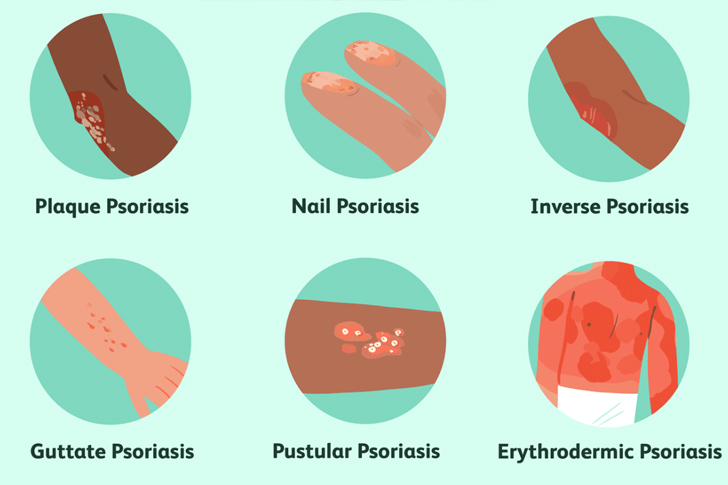Understanding the Causes of Plaque Psoriasis: A Different Perspective
Introduction to Plaque Psoriasis
Plaque psoriasis is a chronic autoimmune condition characterized by the rapid buildup of skin cells. This buildup leads to scaling on the skin’s surface. Inflammatory patches, which are often white-silver and red, can cause significant discomfort, including pain and itching. According to the American Academy of Dermatology, psoriasis affects approximately 7.5 million people in the United States alone. This article delves into the multifaceted causes of plaque psoriasis, offering insights from a lesser-known perspective.

Genetic Factors in Plaque Psoriasis
Genetics play a crucial role in the development of plaque psoriasis. Research has shown that one-third of individuals with psoriasis have at least one family member with the condition, highlighting a substantial genetic link. Specific genetic markers linked to psoriasis have been identified, with variations in these genes affecting the immune system’s response. Furthermore, a study from the National Psoriasis Foundation estimates that the risk of developing psoriasis is 10 times higher for individuals with affected relatives, underlining the condition’s hereditary aspect.
Immune System Dysfunction and Psoriasis
At its core, psoriasis involves an overactive immune system. The immune system mistakenly attacks healthy skin cells, accelerating their growth cycle and causing the telltale symptoms of psoriasis. The involvement of T-cells, a type of white blood cell, induces inflammation and triggers the skin cells to multiply rapidly. Normally, skin cells take about a month to grow and shed, but in psoriasis sufferers, this process takes only a few days, leading to plaque formation.
Environmental Triggers of Psoriasis
Environmental factors also significantly influence the onset and exacerbation of psoriasis. Common triggers include stress, skin injury (such as cuts or scrapes), certain medications, and infections. For example, streptococcal infections are particularly noted for their capability to trigger guttate psoriasis, which can evolve into plaque psoriasis. Moreover, climate plays a role; colder, dryer conditions tend to worsen the symptoms, possibly due to reduced sunlight exposure and skin hydration.
The Role of Lifestyle in Psoriasis
Lifestyle choices can exacerbate or mitigate psoriasis symptoms. Smoking, alcohol consumption, and obesity are known risk factors that can worsen the condition’s severity. Smoking, in particular, not only increases the risk of developing psoriasis but also may lead to more severe disease. Meanwhile, maintaining a balanced diet, regular exercise, and healthy weight can help manage the symptoms. In fact, a 2014 study published in JAMA Dermatology reported that a weight reduction regimen for overweight or obese patients with psoriasis could lead to a significant improvement in the severity of their symptoms.
Possible Psychological Impacts
The psychological impact of living with plaque psoriasis can also not be overlooked. The visibility of the disease can lead to significant emotional stress, including feelings of low self-worth and social stigmatization, which can further exacerbate physical symptoms. Mental health support and coping strategies are crucial for managing the emotional aspects of psoriasis.
Innovative Perspectives: The Microbiome’s Role
Emerging research suggests that the human microbiome, the vast community of microbes living in and on the body, may play a role in the development of psoriasis. An imbalance in these microbial communities, known as dysbiosis, could influence the immune system’s behavior, triggering inflammatory responses seen in psoriasis. While this field is relatively new, it offers promising avenues for understanding the complex dynamics at play in psoriasis and developing new treatment strategies focused on restoring microbial balance.
Conclusion
Understanding the causes of plaque psoriasis requires a multifaceted approach, considering genetic predisposition, immune system abnormalities, environmental factors, lifestyle choices, and even psychological health. The integration of emerging research on the microbiome illustrates the evolving nature of psoriasis research, which continually seeks to provide deeper insights into this perplexing and often distressing condition. As our knowledge expands, so too does the potential for more effective and personalized treatment options, offering hope to millions of individuals affected worldwide.







Recent Comments